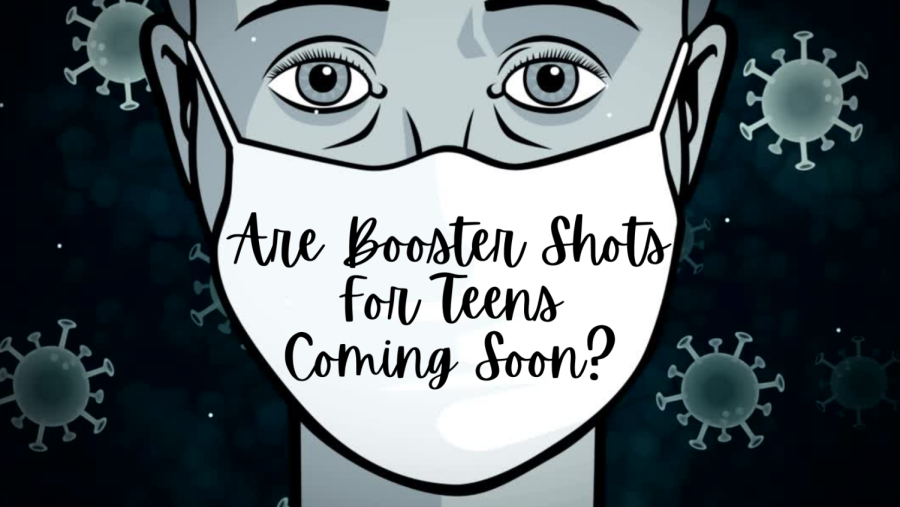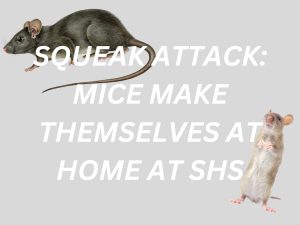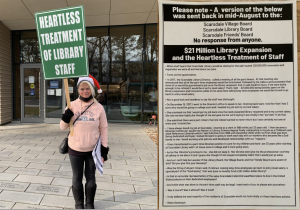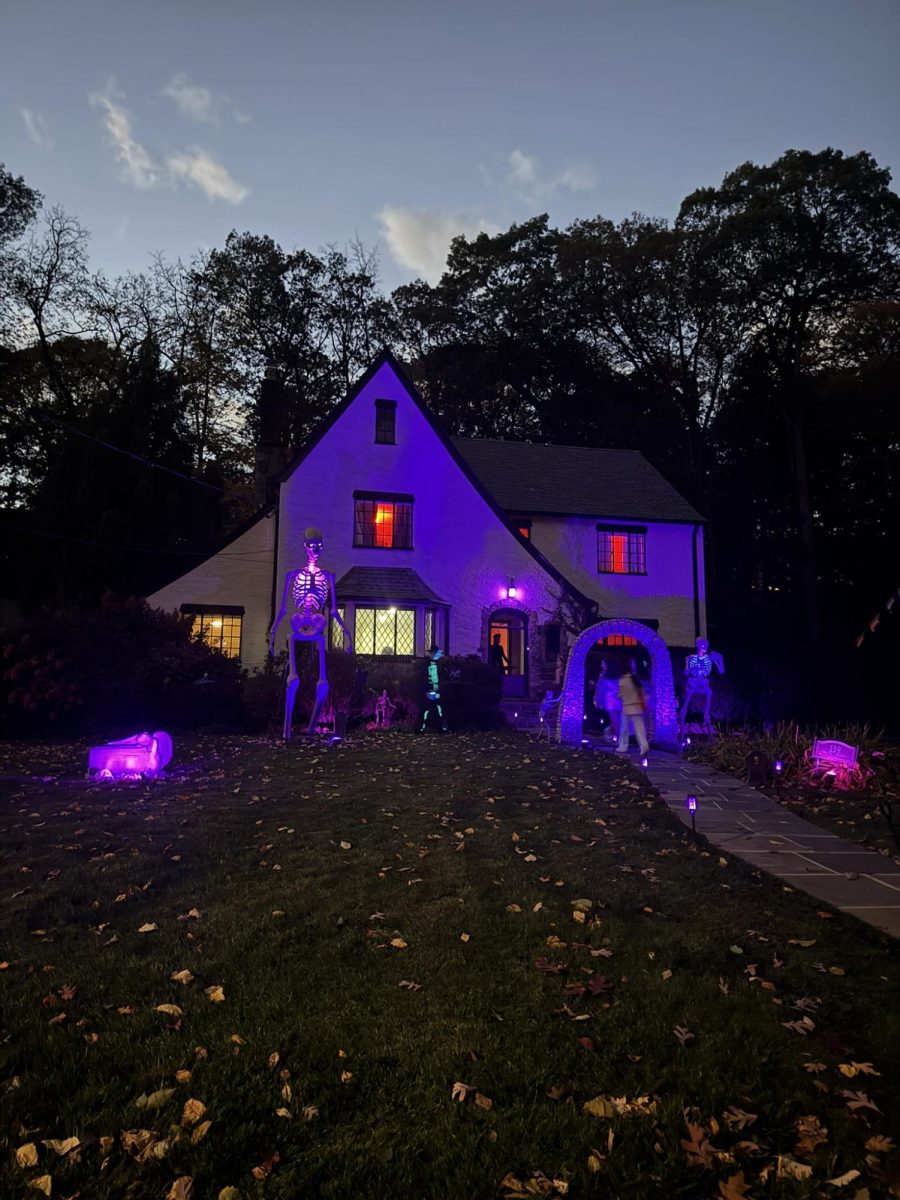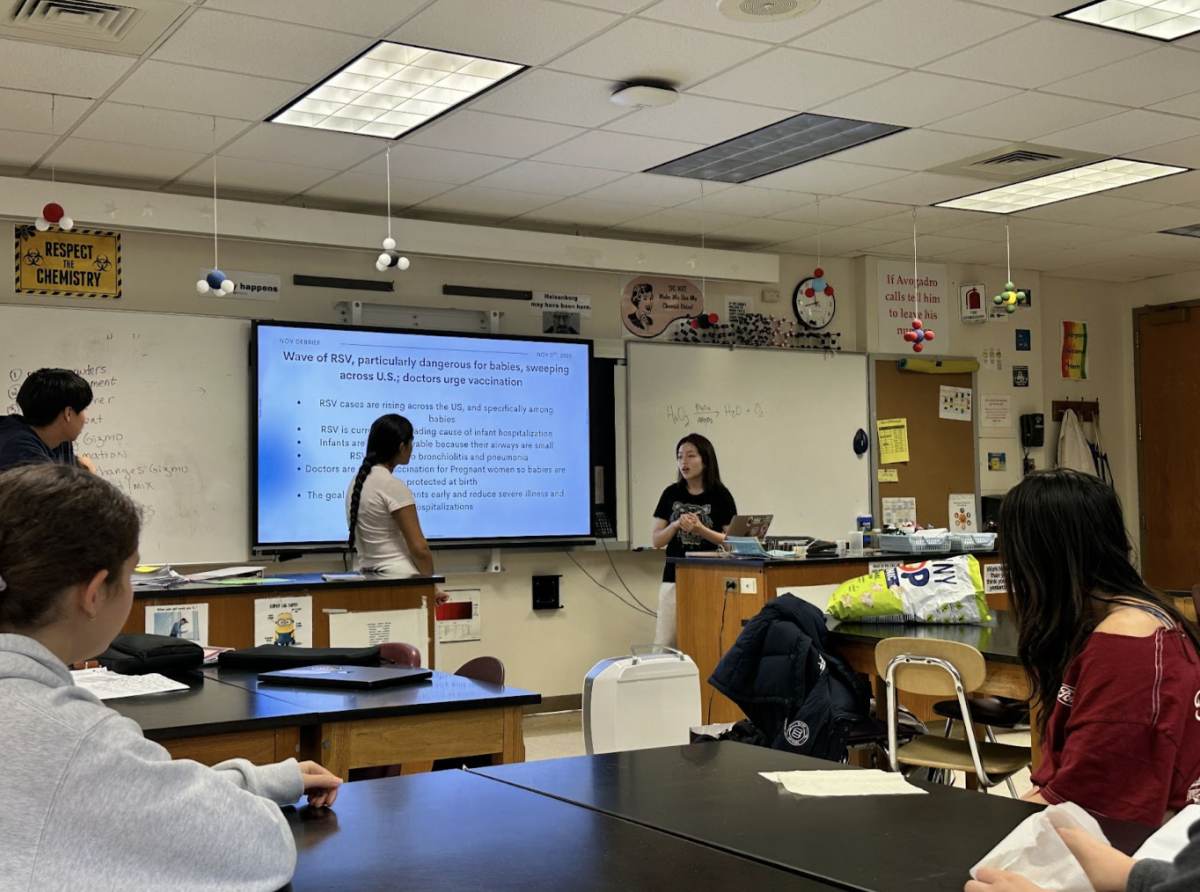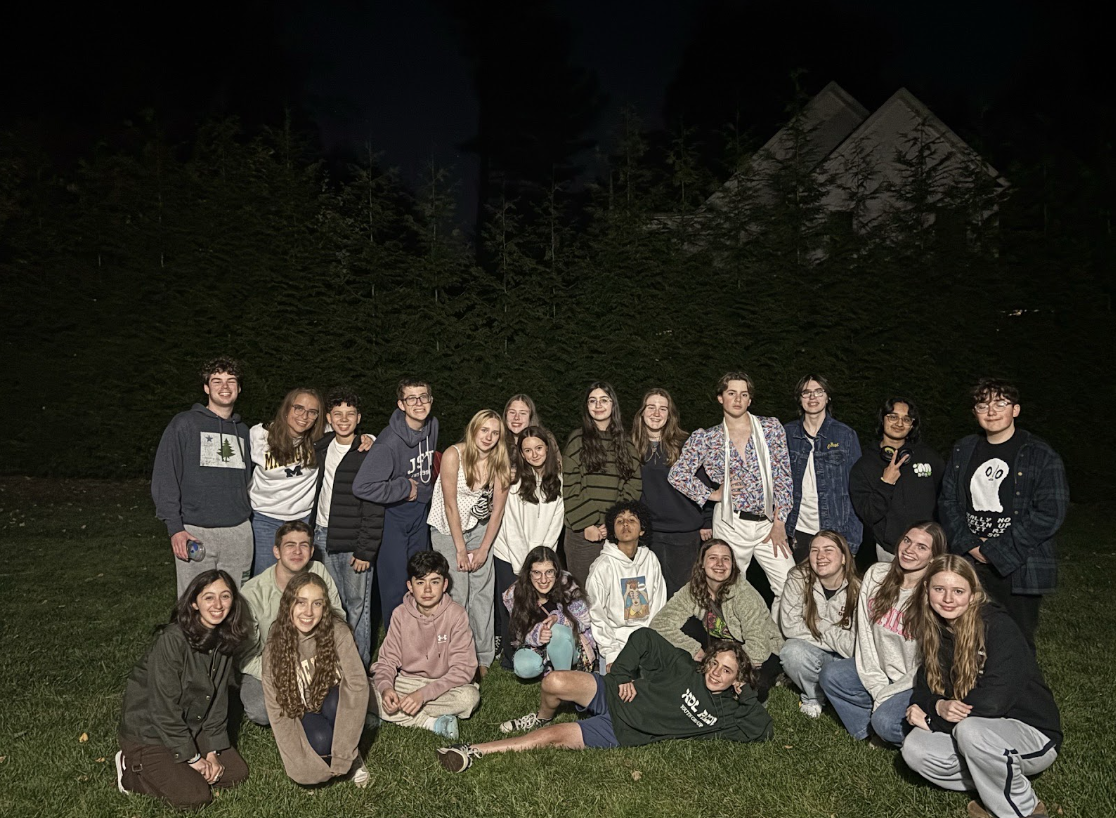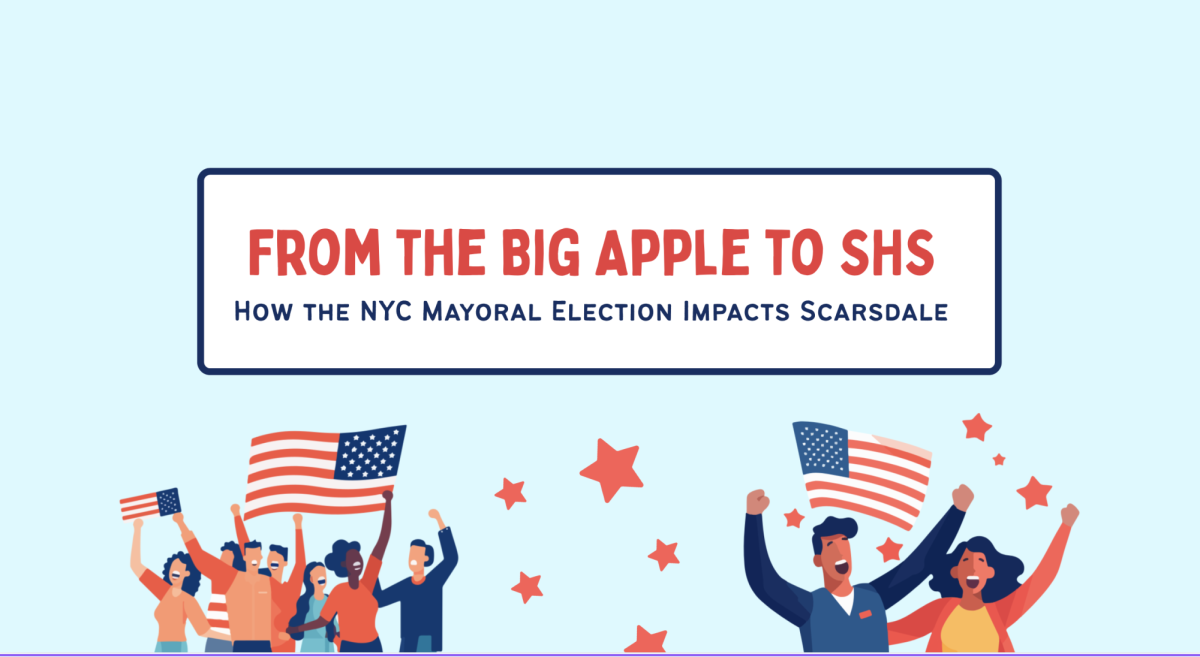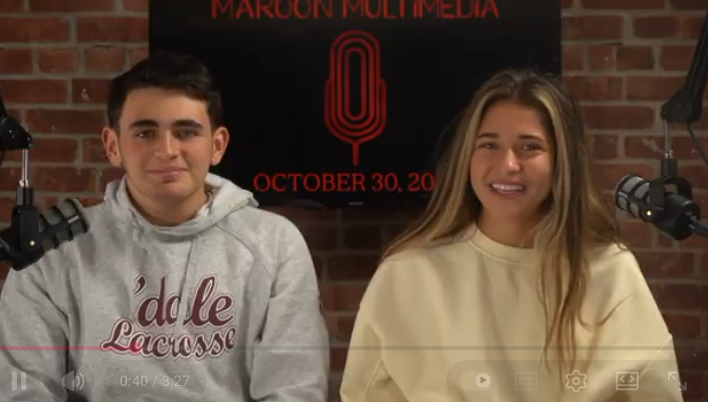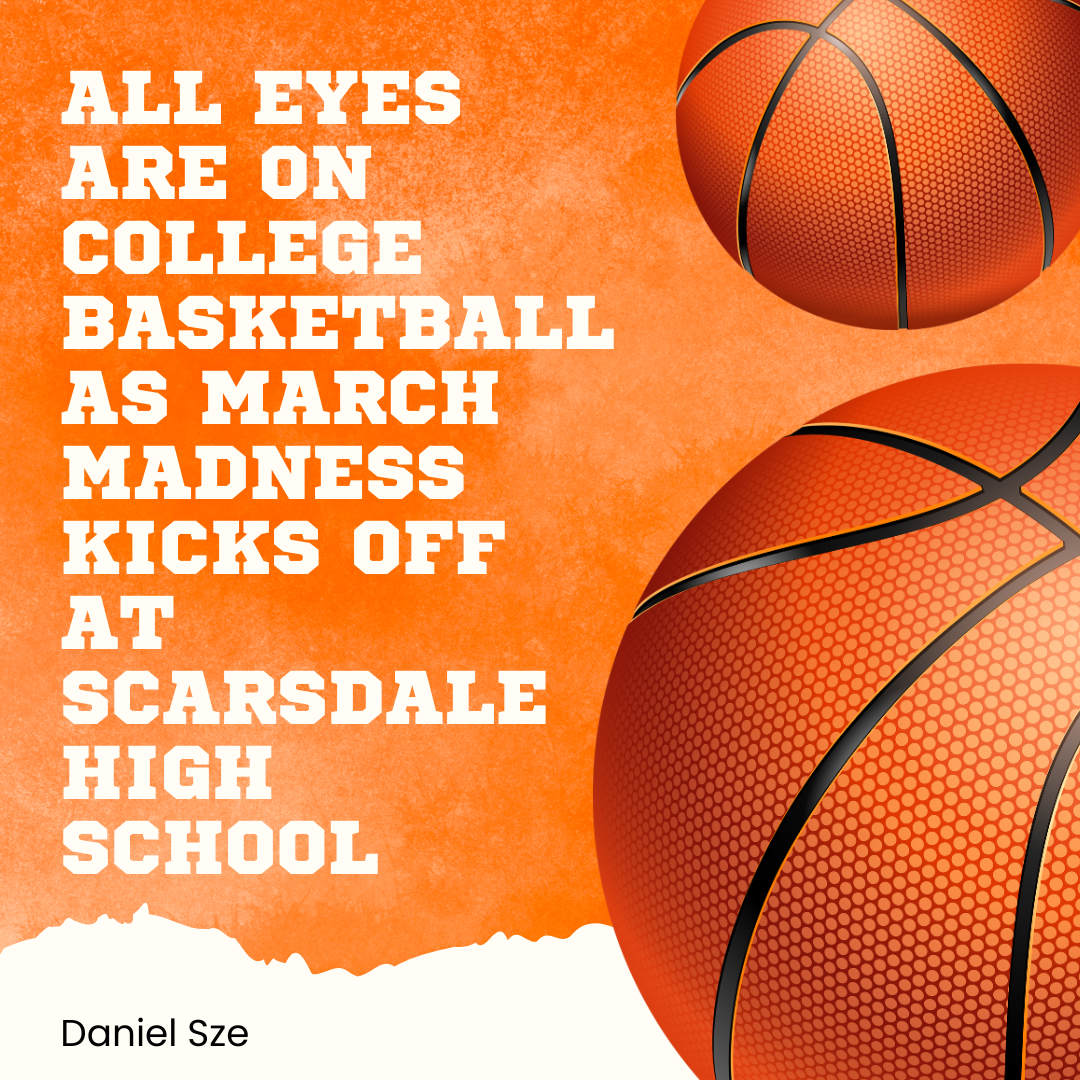Are Booster Shots For Teens Coming Soon?
As the omicron variant becomes increasingly dangerous and vaccines prove more and more imperative, the question persists: what is the status of booster shots for teenagers?
December 9, 2021
In November of 2021, the Food and Drug Administration (FDA) authorized COVID booster shots for all adults 18 and up in the U.S. When Pfizer, an American multinational pharmaceutical and biotechnology corporation, first requested the authorization of their booster shot, they requested the additional shot for anyone 16 and up. The FDA advisory panel, however, rejected the request, due to safety concerns in young people, and limited the shots to certain groups of people. However, with the rise of the new COVID-19 variant, omicron, Pfizer has urged the FDA to authorize booster shots to teens between the ages of 16 and 17.
Initially identified from testing done on travelers from West Africa, the omicron variant, originally called B.1.1.529, posed a “very high” risk, according to the World Health Organization (WHO). Since the first case of the variant, dozens of cases have emerged across the world, including the U.S. Most of these cases were found in travelers arriving from South Africa, the country where the omicron variant was first discovered. Many countries have since imposed restrictions on air travel from southern Africa due to the outbreak of the variant. In a briefing on November 29, the WHO noted that the mutation could create a global outbreak similar to the one that occurred in South Africa.
After the omicron variant was discovered, physicians in South Africa reassured the public, stating that the cases were “mostly mild.” Although it is not yet clear how severe the new variant is, many experts are cautious to believe that the variant cases are not severe. Most of the new cases have occurred in young people with no known risk factors. Because of this, experts reason that the reaction to the omicron variant might vary among different groups of people.
Pfizer’s latest request for the FDA to authorize the booster shots for older teens states that the results of a recent clinical trial with more than 10,000 participants show that the booster shot was safe and effective for older teens. In a tweet by Pfizer’s CEO Albert Bourla, he says that the request for the expansion of the booster shot is to “provide strong protection for as many people as possible, particularly in light of the new variant.”
Paul Burton, chief medical officer of Moderna, a Biotech company, mentioned that boosters are a “very important initial line of defense” for citizens as they wait for omicron-specific vaccines to be produced, which may take several months. President Joe Biden has reassured the public, emphasizing that the variant is “a cause for concern, not a cause for panic.” In addition, the US Centers for Disease Control and Prevention (CDC) has updated booster dose guidelines, urging all adults 18 and above to receive a booster shot 6 months after their original Pfizer or Moderna vaccination or 2 months after their initial J&J vaccine.
In an October FDA advisory council meeting, the topic of lowering the age requirements for receiving the booster shot emerged. Dr. Ofer Levy, the director of Boston Children’s Hospital’s Precision Vaccines Program and a member of the FDA advisory committee, believes this subject is complicated and that the FDA needs to “follow the data and keep an open mind.”
“I don’t feel like I am well enough informed about the booster shots for the younger generation, so I don’t have particularly strong feelings, but I think that the increase in medical research regarding preventative measures against COVID is definitely positive,” said Olivia Liu ’23. While some, like Dr. Ofer Levy, are hesitant about giving the booster shot to teenagers, others have recently changed their stance on the subject. Dr. Peter Chin–Hong, an infectious disease specialist at the University of California in San Francisco, came to realize the significance of the booster shot after observing a recent spike in patients with COVID-19. Chin–Hong also found more evidence that revealed the vaccines’ diminishing strength over time. “I personally believe it is a good thing to expand the booster shot as I’m sure it will make a lot of people feel safer,” says Noa Shiloach ’23.
As we wait for the FDA to approve Pfizer’s request, we can take steps to reduce the spread of the omicron variant, including getting vaccinated, a social distancing of at least 3 feet from others, wearing a face mask properly, opening windows to improve ventilation, and hand-washing frequently.

